One of the goals of this course is to understand social responsibility and analyze from the place of empathy. We volunteered for two weeks to build houses for families that need help to recover after Hurricane Michael. Meeting with leaders of disaster recovery organizations gave us insight regarding the magnitude of the devastation and we learned effective ways to help them recover. The people that were hit by Michael struggle to fulfill basic needs and they are emotionally devastated too, as a lot of people still experience trauma today. Being a part of the disaster recovery project in Marianna opened my eyes to the devastation that the families experienced. These people did not have a home for over 2 years, and they have been living in harsh conditions.
The students empathize in different but equally personal ways. During the home dedication that we attended, the homeowner introduces her son and 4 of her grandchildren before she told a story of how her house was built longer than usual because of covid. She was hopeless after hurricane Michael destroyed her house as she believed that there is no way to recover from the disaster. One student almost tears up because he was reminded of his own family and could not imagine how sad it would be if his brother would have to go through the disaster. Another student empathized with the grandchildren as she understood the little attention that can be given to each of them by their grandmother. The grandmother must find ways to provide food and take care of housing which leaves little time to pay attention to the grandchildren, even though attention is a crucial part of the development process of these grandchildren. One of my classmates told me how she empathizes with the struggles of people who need to start over or relocate after a disaster just like how some immigrants must start a new life away from their family. We also moved to a couple of different places to stay during this course, and it made us realize the challenges of evacuation. The people that need to evacuate, however, might not be able to come back to their house and lose all their belongings.
This course is a perfect opportunity for us to practice empathy and compassion. Not only did we learn to empathize and help communities recover after a disaster, but we also learned to empathize and practice compassion towards our classmates during this course. As 14 students live in close proximity for two and a half weeks, we learn to be considerate of other people’s needs. Because we all came from different backgrounds, we do things differently. During this course, I learned that when I disagree with someone’s actions, I try to understand the reason behind their actions from their point of view. From their perspective, their action makes perfect sense. I have successfully reframed my judgment towards other people, and I learn to be more considerate. However, it is not an easy task, and I sometimes fail to do it. I found it especially hard when I am already exhausted because empathy and compassion is a conscious effort. I asked my friends about their experience with practicing empathy and compassion. One friend explained to me how she tried to be more graceful when others are not acting as expected by understanding that they might have other problems that are weighing them down such as feeling homesick. For her, it is helpful to have clear communication and give people space when needed. Another friend similarly learned how to be more aware of people’s current emotional state and give others time to recover even when he is craving social interaction. Some people learned it through sharing bathrooms. Showering after a long day of work is a priority for some people, and they learned how to put others first, even though that would mean that they must shower later with no warm water left. On top of all these lessons learned, we also realized how this course has brought us closer together and the moments that we made during this course would be cherished forever.
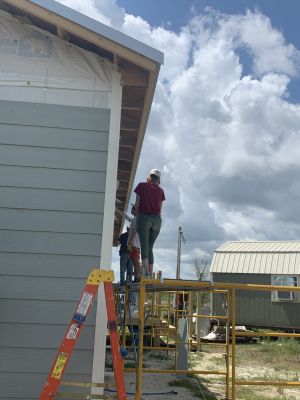
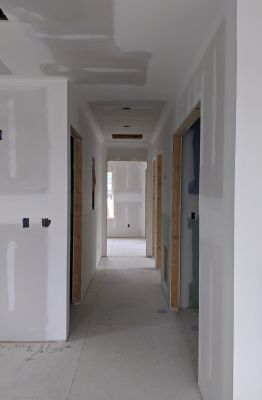
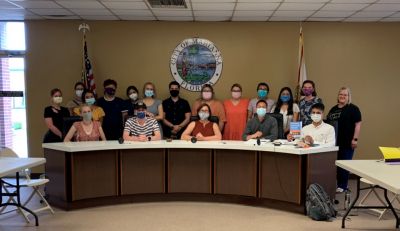
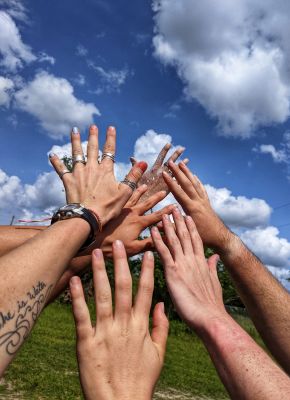
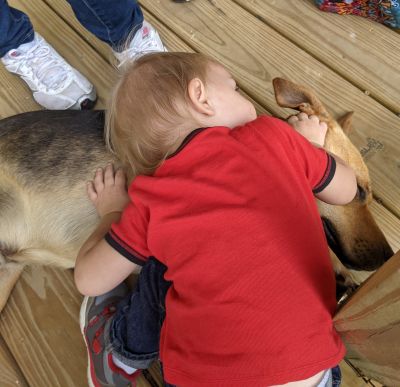
Written by: Adhika Ezra




